Books
| Crewe, B., Goldsmith, A. and Halsey, M. (Eds) (2022). Power and Pain in the Modern Prison: The Society of Captives Revisited. Oxford: Clarendon. | 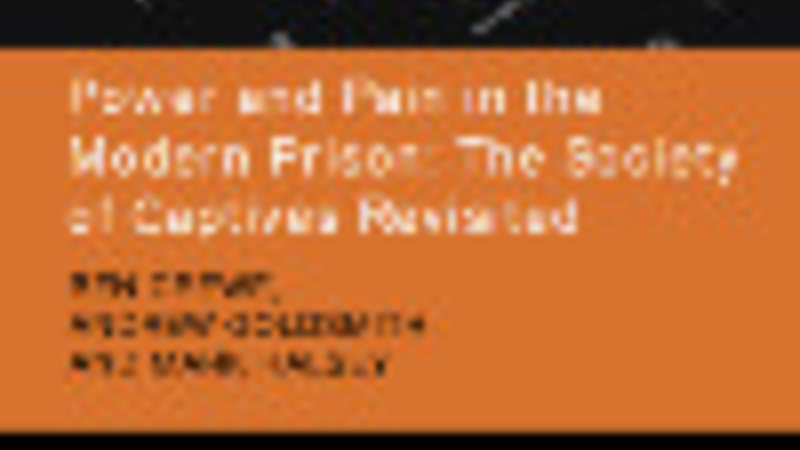 |
| Schliehe, A. (2021). Young Women's Carceral Geographies: Abandonment, Trouble and Mobility. Emerald. |  |
| Herrity, K., Schmidt, B.E. and Warr, J. (Eds) (2021). Sensory Penalities: Exploring the Senses in Spaces of Punishment and Social Control. Emerald. | 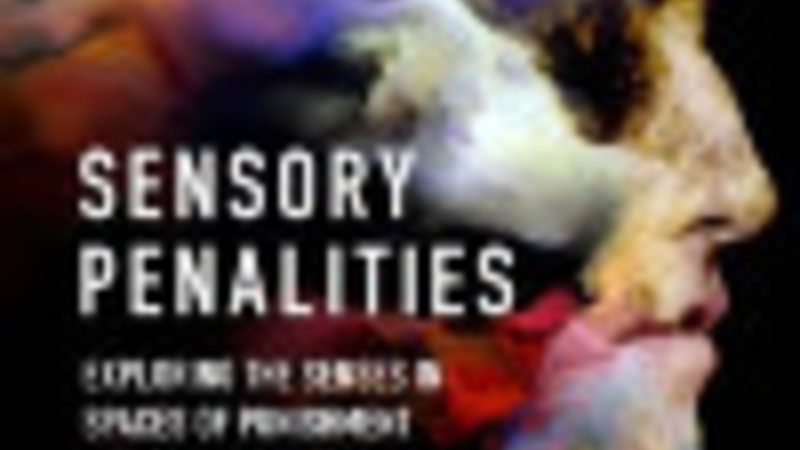 |
| Crewe, B., Goldsmith, A. and Halsey, M. (Eds) (2020). Power and Pain in the Modern Prison: The Society of Captives Revisited. Oxford: Clarendon. | 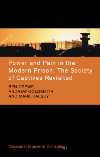 |
| Crewe, B., Hulley, S. and Wright, S. (2020). Life Imprisonment from Young Adulthood: Adaptation, Identity and Time. Palgrave. | 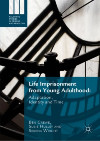 |
| Liebling, A., Maruna, S. and McAra, L. (Eds) (2017). The Oxford Handbook of Criminology (6th edition). Oxford University Press. | 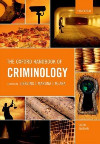 |
| Jewkes, Y., Crewe, B. and Bennett, J. (Eds) (2016). Handbook on Prisons (2nd edition). Routledge. | 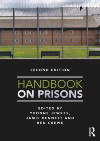 |
| Crewe, B. and Bennet, J. (Eds) (2015). The Prisoner.Routledge. |  |
| Tankebe, J. and Liebling, A. (Eds) (2013). Legitimacy and Criminal Justice: An International Exploration. Oxford University Press. |  |
Liebling, A., Price, D. and Shefer G. (2010). The Prison Officer (2nd edition). Cullompton: Willan. Professor Liebling served as a witness for the House of Commons Justice Committee inquiry into the role of the Role of the Prison Officer (2008-09), and several other members of the PRC The testimony, and the written submissions, are also documented in the official report: Role of the Prison Officer; Twelfth Report of Session 2008-09 . |  |
| Crewe, B. (2009).The Prisoner Society: Power, Adaptation and Resistance in an English Prison. Oxford: Clarendon. |  |
| Bennett, J., Crewe, B. and Wahidin, A. (Eds) (2008). Understanding Prison Staff. Cullompton: Willan. |  |
| Liebling, A. with Arnold, H. (2004). Prisons and their Moral Performance: A Study of Values, Quality and Prison Life.Oxford: Clarendon. |  |
